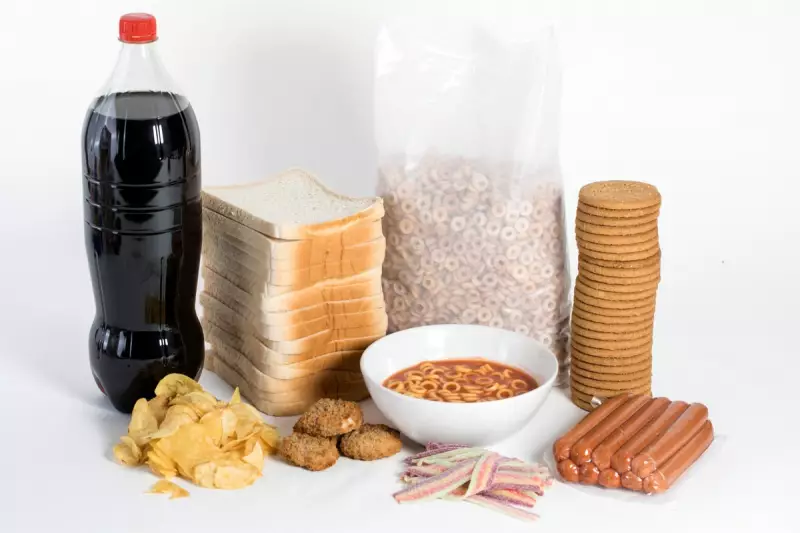
Startling new evidence from British researchers suggests that millions of adults across the UK are struggling with what scientists are calling 'ultra-processed food addiction'. A comprehensive analysis from the University of Bristol has revealed that approximately 12-14% of British adults display symptoms consistent with behavioural addiction to highly processed foods.
The Hidden Epidemic in British Diets
Published in the prestigious BMJ Journal, this groundbreaking research analysed data from 36 studies across 36 countries, uncovering a troubling pattern of compulsive eating behaviours linked specifically to modern food manufacturing. The study's lead author, Professor Ashley Gearhardt from the University of Michigan, emphasised the significance of these findings for UK public health.
'These foods are engineered to be irresistible,' Professor Gearhardt explained. 'They're designed to bypass our natural fullness signals, creating a cycle of craving and consumption that mirrors substance addiction.'
What Makes Ultra-Processed Foods So Addictive?
The research identifies several key factors that contribute to the addictive potential of these modern food products:
- Refined carbohydrates and added fats that trigger dopamine release in the brain
- Artificial flavour enhancers that create hyper-palatable experiences
- Rapid absorption rates that prevent natural satiety signals
- Consistent texture and flavour profiles that reinforce habitual consumption
British Public Health at a Crossroads
The study's co-author, Dr. Chris van Tulleken, highlighted the urgent need for policy intervention. 'We're facing a public health crisis where our food environment has become dominated by products that are fundamentally altering our relationship with eating,' he warned.
The research team advocates for implementing similar public health measures to those used against tobacco addiction, including:
- Clear front-of-pack warning labels for ultra-processed foods
- Restrictions on marketing targeting vulnerable populations
- Taxation policies that make healthier options more accessible
- Public education campaigns about the risks of food addiction
A Call for Medical Recognition
Perhaps most significantly, the study challenges current medical practice by suggesting that food addiction should be formally recognised as a clinical diagnosis. This could revolutionise treatment approaches for eating disorders and obesity across the NHS.
'Understanding that some people genuinely struggle to control their consumption of these foods, despite wanting to, could transform how we approach weight management and eating disorders,' noted Professor Gearhardt.
The findings come as the UK government considers new regulations for food manufacturing and marketing, with this research providing compelling evidence for stricter controls on ultra-processed products.





